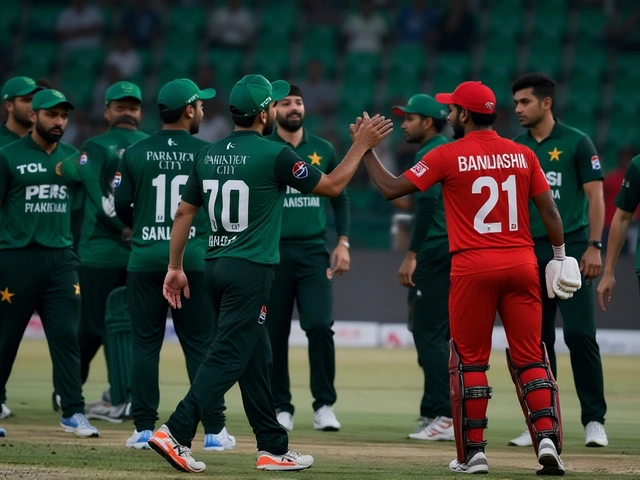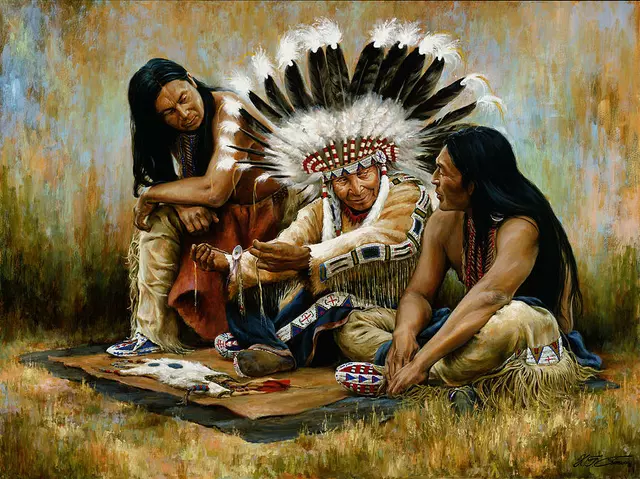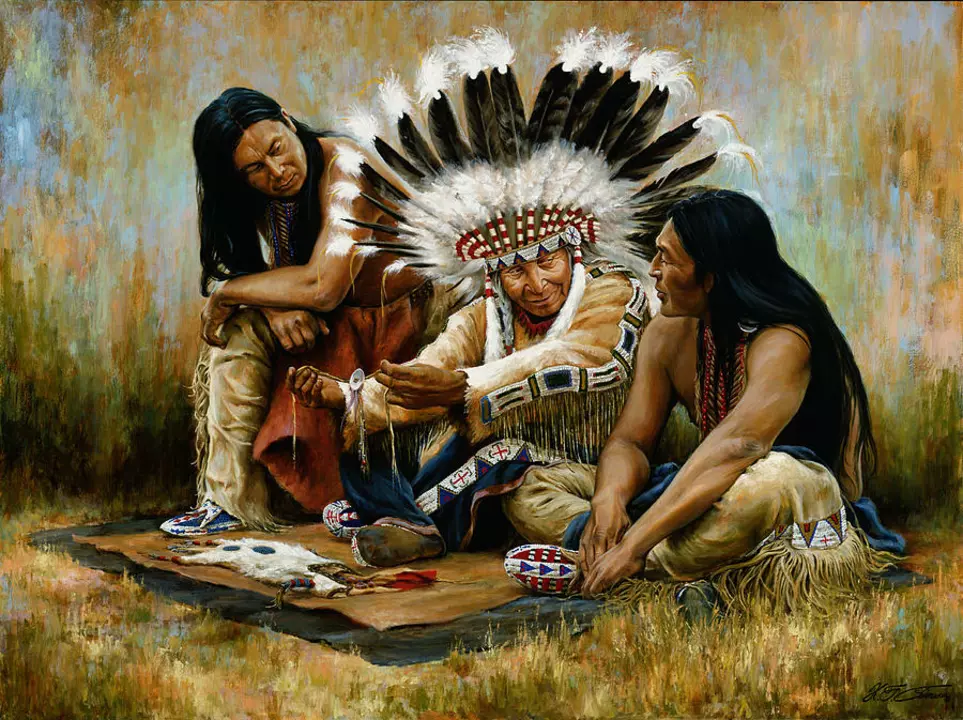Why: Quick Answers to the Questions Everyone Is Asking
Ever wonder why a certain news story pops up in your feed? Or why people keep debating if a newspaper leans left or right? The "why" tag gathers the most common queries and gives you straight‑forward answers. Below you’ll find the top reasons behind the headlines that matter to you.
Why does a holiday get moved or added?
Take the September 5 holiday for example. The government announced it as a gazetted holiday for Milad‑un‑Nabi, but the RBI shifted the bank holiday to September 8. Banks stayed open on the 5th because the RBI’s decision overrules the central list for banking settlements. Knowing which day banks close helps you plan payments and avoid surprise fees.
Why are media outlets called out for bias?
Questions like “Is The Times of India pro‑Congress or pro‑BJP?” keep popping up. Readers notice that major papers often publish pieces supporting both sides. This isn’t a secret agenda; it’s a way to keep a wide audience engaged. The result is a mix of viewpoints that can feel like a tightrope walk. Understanding the balance helps you spot the angle of each story.
Another hot topic is the comparison between The Hindu and The Times of India. Some say The Hindu offers deeper analysis, while TOI delivers faster news bites. Your choice depends on whether you want a detailed look or a quick update. Both serve different reading habits, so there’s no single “better” paper—just the one that fits your need.
Beyond media, people ask why living in India can feel safe or risky. Safety depends on location, crime rates, and personal habits. Urban centers may have higher incidents, but staying informed about local neighborhoods and following basic precautions makes a big difference. It’s not a one‑size‑all answer; it’s about knowing the specifics of where you live.
Even personal life questions show up, like why couples over 50 still have active sex lives. Age changes the body, but desire doesn’t disappear. Communication, health checks, and a relaxed mindset keep intimacy alive. The key is treating the topic like any other health conversation—open, honest, and without shame.
Curiosity also drives cultural queries. For instance, why do some Indians drink alcohol while others don’t? State laws, religious beliefs, and social norms shape drinking habits. In places like Goa and Kerala, you’ll find more relaxed attitudes, while other states enforce strict bans. Knowing the local rules keeps you respectful and safe.
When it comes to practical problems, like losing a birth certificate, the answer is simple: contact your local municipal office, bring ID proof, and fill out an application. The process is the same across states, so you can act quickly without endless searching.
All these “why” questions share a common thread—they’re about making sense of everyday decisions. By breaking down each answer into clear steps, you can act faster and stay informed. The tag page pulls these topics together so you don’t have to jump between sites.
Next time a headline catches your eye, ask yourself: why does this matter to me? Then head over to the "why" tag for a concise, no‑fluff explanation. It’s your shortcut to the answers you need, right when you need them.
What kind of Indians tend to hate the United States, and why?
Indians who tend to hate the United States often do so because of their perception of America's foreign policy and its relationship with India. They feel that the US is too focused on its own interests and does not take into account the needs of its allies. They may point to US support for Pakistan as an example of this, as well as the US's failure to take more decisive action on Kashmir. Additionally, they perceive that the US is too controlling, imposing its own values and beliefs on other countries, and that the US is not a true friend to India. These Indians feel that the US has not done enough to support India and its people, leading them to resent the country.
About
Political/Social Commentary
Latest Posts


What kind of Indians tend to hate the United States, and why?
By Arvind Chatterjee Mar 29, 2023

How is life in India after returning from the USA?
By Arvind Chatterjee Jul 22, 2023

Cooper Connolly's Meteoric Rise: From U‑19 Captain to Test Star in Two Years
By Arvind Chatterjee Oct 24, 2025

